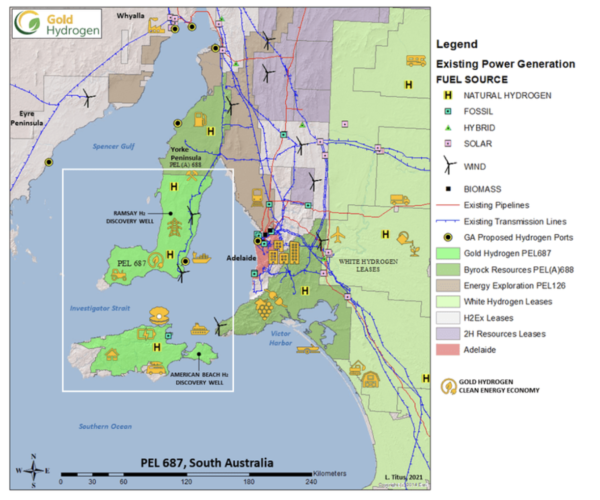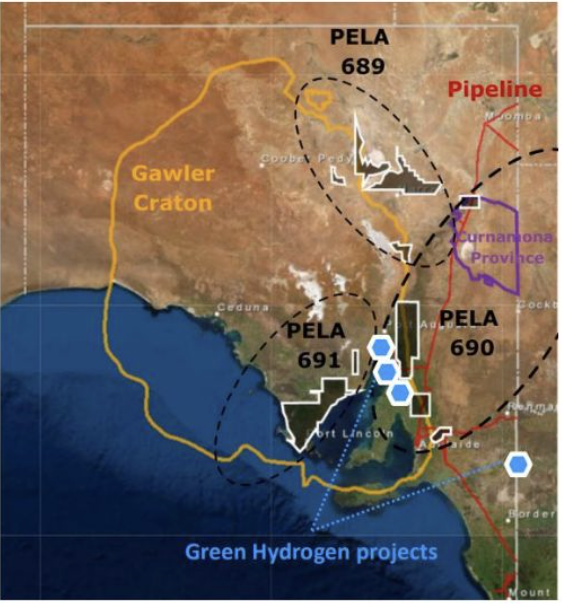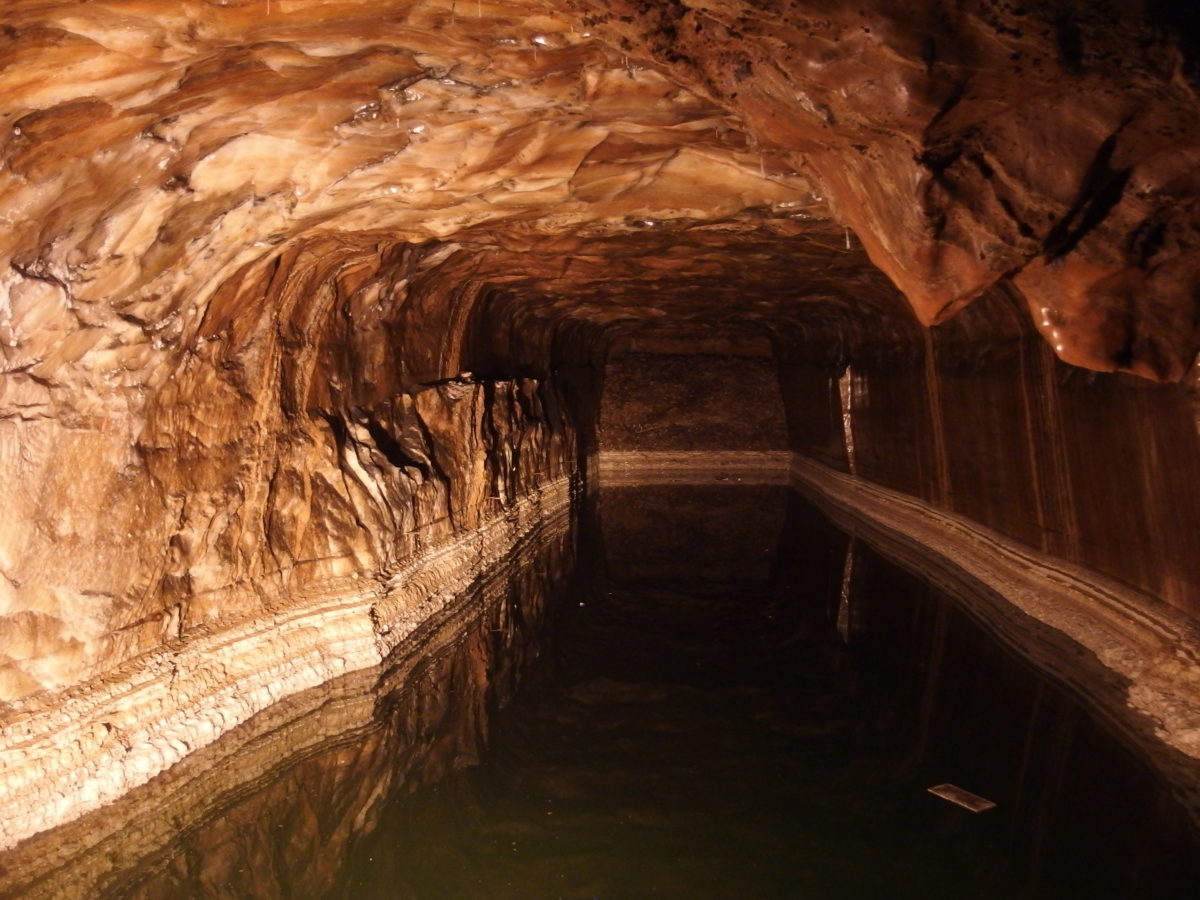In a rapid escalation from zero activity in February last year, exploration companies are now scrambling to look for what they believe could be the cheapest, easiest way to get their hands on the much hyped “future fuel”: hydrogen.
In the last 12 months, six different companies have either been granted or applied for 18 Petroleum Exploration Licences across the state of South Australia, according to Australian energy consultancy EnergyQuest. Combined, the area under permit equates to around 570,000 square kilometres (km2) or 32% of the entire state, the consultancy has found, referring to the sudden influx as a “boom”.
Natural hydrogen
Until now, natural or native hydrogen has been largely overlooked – despite it being described as “widespread in nature” by natural hydrogen researcher Viacheslav Zgonnik in a 2020 paper. Natural hydrogen deposits form through chemical reactions underground, with Zgonnik saying the molecule has been detected at high concentrations, often as the major gas, in all types of geologic environments.
Nonetheless, natural hydrogen has garnered relatively little interest – even as recent years have seen enthusiasm for the molecule skyrocket with a thousands of companies announcing a plethora of means to produce it.

Gold Hydrogen
The renewed interest in these underground cavities filled with hydrogen came, according to EnergyQuest, from the “chance rediscovery” of historical reports of two wells drilled in the 1930s where high purity hydrogen was detected.
The company which now owns the exploration rights to the area where this high-purity hydrogen was detected is Brisbane-based firm Gold Hydrogen. It has been granted the right to explore approximately 9,500km2 near Adelaide, specifically the southern part of the Yorke Peninsula through to Kangaroo Island.
According to Gold Hydrogen, its exploration licence 687, which was last year expanded by the state government to include hydrogen, was granted after director Luke Titus provided evidence of discoveries of flowing natural hydrogen with contents of up to 90% purity. Follow up testing near the discoveries have been independently verified and audited, the company says, adding that its rights permit it to begin undertaking further exploration testing from 2022.
Gold Hydrogen’s aim is to be the the first in Australia to produce, use and sell natural hydrogen which it described as an “inexhaustible source of green energy.”
Why it is calling the source, which would essentially be mined, “inexhaustible” is because it is believed the chemical reaction that leads to underground hydrogen deposits continually regenerates, though it is also critical to note that technical and scientific knowledge of natural hydrogen reservoirs is limited.

H2EX/LinkedIn
That said, in March last year the CSIRO published a paper entitled ‘Hydrogen in Australian natural gas: occurrences, sources and resources’ in which the Commonwealth scientific research agency considered natural hydrogen, updating the “scarce reporting of hydrogen in Australian natural gas”.
There has also been considerable interest in storing hydrogen in salt caverns and other underground formations. It appears natural hydrogen uses these principles without human intervention.
Potential to dramatically cut costs
Despite the lack of research, Australian – and indeed a number of companies internationally – remain undeterred, likely because of the potential for natural hydrogen to be three to four times cheaper than that produced via electrolysis or gas reforming with carbon capture. Gold Hydrogen estimates it should be able to produce natural hydrogen for less than $2.30 per kg, compared to manufactured hydrogen projects being produced at greater than $6 per kg.
Importantly, it seems natural hydrogen would still carry the label “green”, though again it may be too early to say.
Mali natural hydrogen pilot
To date, the only major discovery and implementation of natural hydrogen reservoirs has been in Mali in west Africa. In 2012, natural hydrogen was discovered and eventually connected to a fuel cell to supply electricity to the town of Bourabougu.
Canadian company Hydroma, behind the project, is now preparing to produce and export its natural hydrogen.
This content is protected by copyright and may not be reused. If you want to cooperate with us and would like to reuse some of our content, please contact: editors@pv-magazine.com.









Another Trojan Horse here…. as Polluting Fossil Fuels are camoflauged as Carbon free…
Sounds too good to be true.
I agree completely…